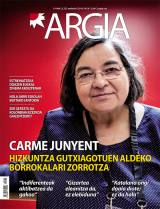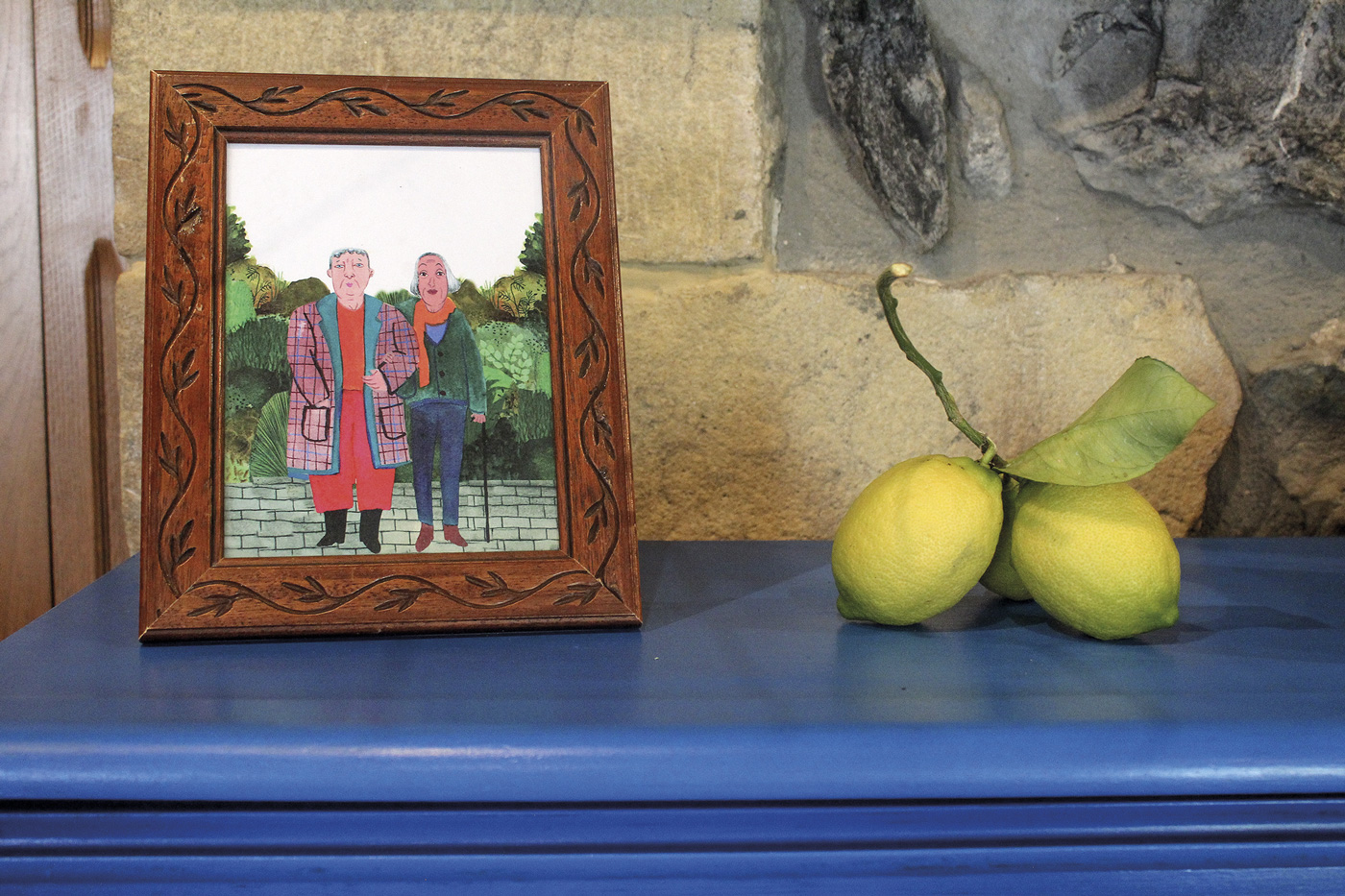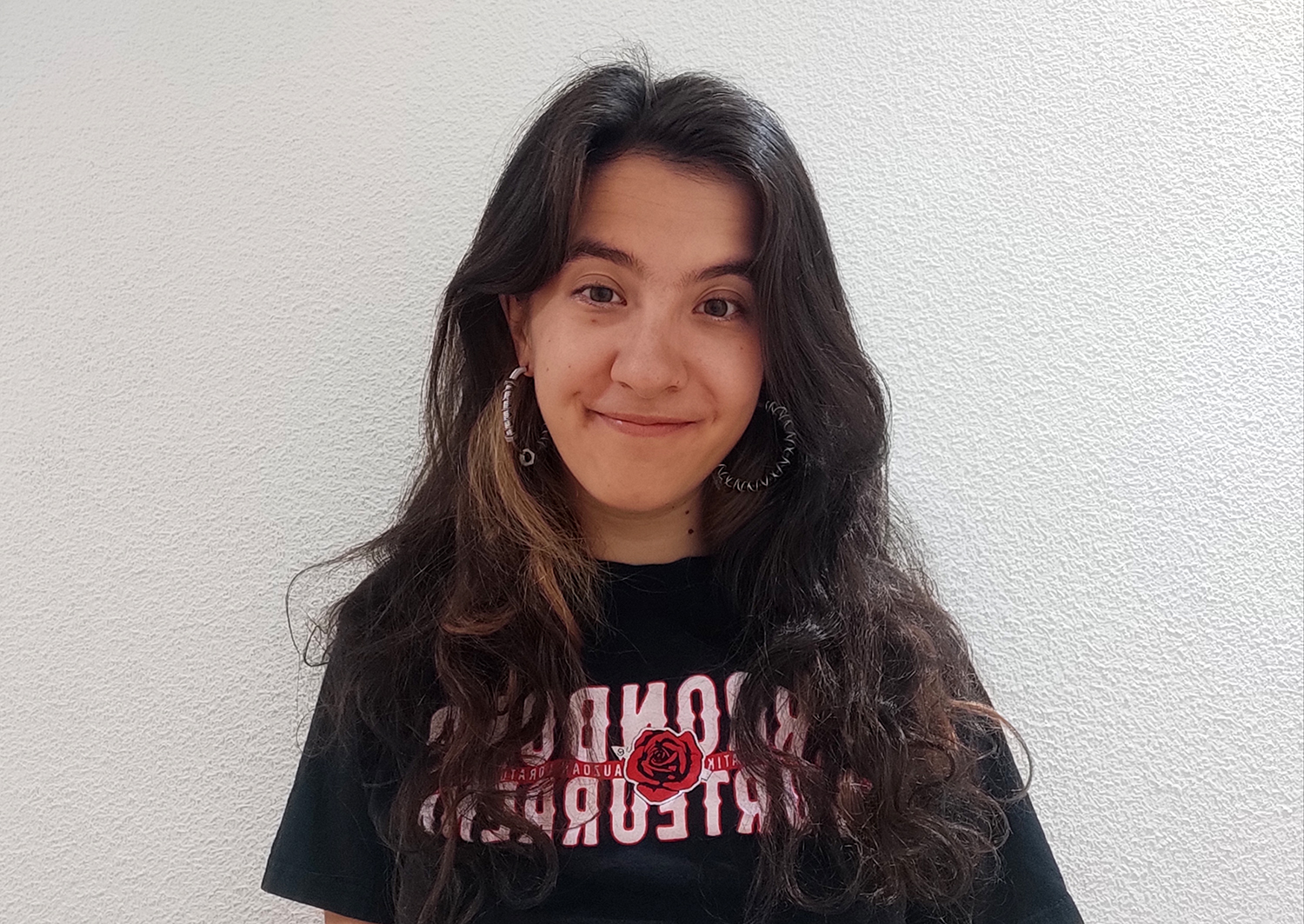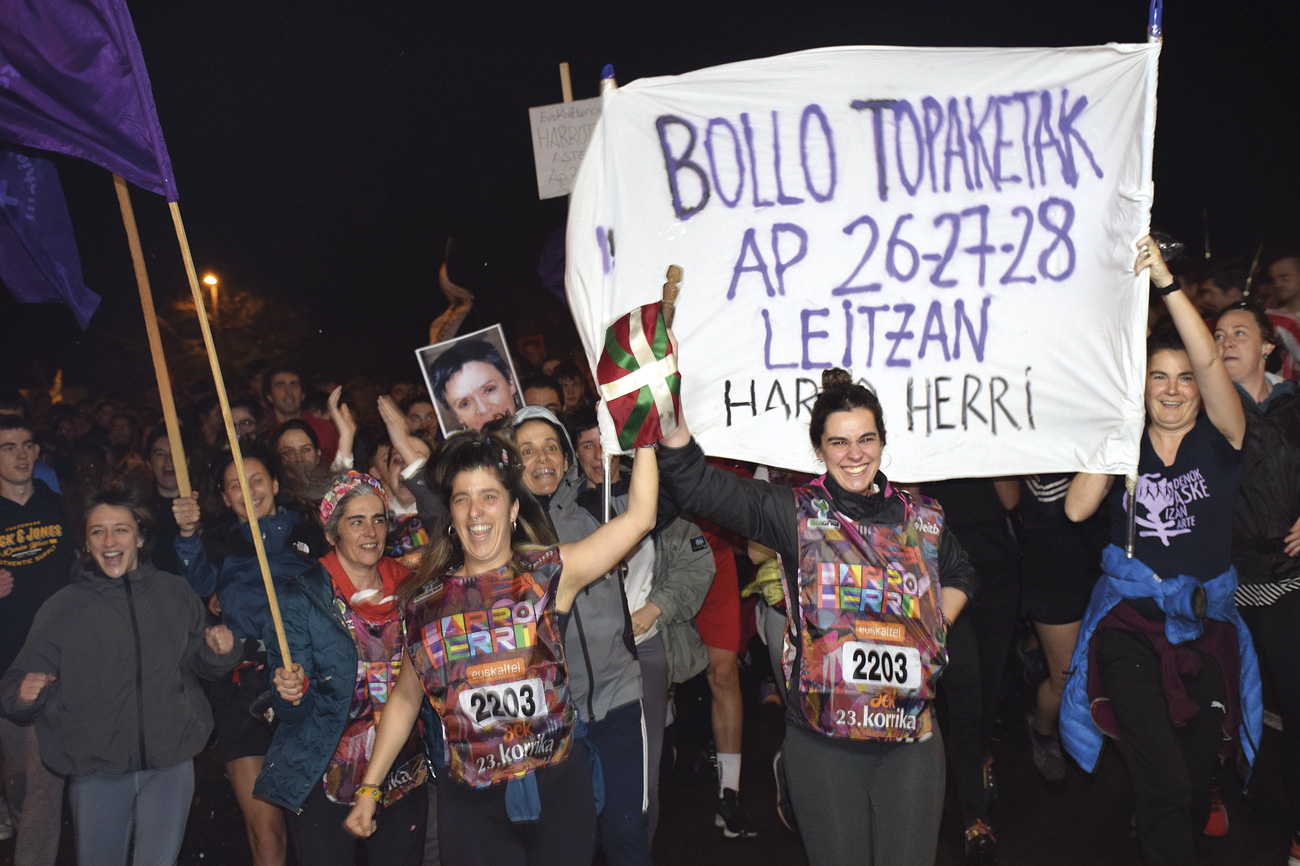"Caring for sex is going back to the body."
- Pamplona has an office where LGTBQI policies can be developed. Kattalingorri members have worked hard over the past few months to be able to launch all the office resources along with the new course. The initiative is not limited to providing a care service to a specific community, but it wants to contribute to the whole of society: it wants to be a new sexological reference for all people.

Gender or gender, where to focus attention?It is
clear that to take steps towards social transformation we have to work on both. However, I believe that in recent years we have devoted more time to the issue of gender than to sex. We've developed countless theories about it, and we've moved a lot away from sex. Gender is social sex, what happens is that we've given it the name of gender, but it's basically derived from sex. I believe that by separating ourselves from sex we move away from the fullness offered by the “body” and the association (the encounter) that occurs between individuals.
What do we forget when we separate ourselves from sex?
Possibilities, peculiarities and variables that occur in the individual meeting. In the relationships we create, when we look at them, we realize that not all theorizations about gender and power relations are enough to understand the encounter itself. To live sex is to bring to the center forms of relationship between people: after all, among so many theories, how on earth do we make for you and I to relate to each other? We know that we are in a situation of subordination, but we don't know how to relate.
In our environment, what is the greatest need you see in this field?
Euskal Herria has always been a very lively and curious people. In any case, there is as much diversity here as there is in any country, we are not particularly different in that respect. However, it is true that in Euskal Herria the influence of great political currents has been remarkable; for example, feminism has great potential. But, I insist, we have been too much in the head and in theorization and too many times we have forgotten those around us. I am convinced that knowledge and the appropriation of the body can have great political potential, and that in our case, awareness can be decisive for the processes of liberation.
That moment when the LGTBQI collective and feminism come together, what is it?
I believe that we should unite more; they share the same repressive spring, the heteropatriarchate. However, they have had a very different evolution. A struggle of women, one of homosexuality and one of transsexuality. In this order the demands have been developed, partly due to the existence of waiting lists and hierarchies.
So should you give them your hand?
Of course. And I'm not saying that as a critique, because, after all, things move when people move for things, and the struggle for women has mobilized a lot of people. However, although the claim for categories of woman/man can be politically useful, I believe that we must start talking about intersectionality. An alliance that, therefore, can make strength: how over time we can overcome binarism and reclaim other identities.
“On the one hand, the struggle of women, on the other, the fight of homosexuality and, finally, transsexuality. It is in this order that the demands have been developed, because to some extent there are waiting lists and hierarchies”.
LGTBQI, an ever longer term...
That is perfectly understandable. Let’s think that people bring together the masculine and feminine of all orders: social, cultural, endocrine, biological… They all tell us that we are intersex individuals, and that has nothing to do with genitality. In this sense, the LGTBQI movement is a cluster. This acronym tells us about identity and orientation: over time we have been expressing what we are claiming, and we talk about all that diversity so that everyone can be anywhere.
What has been the route of the office you have just opened in Pamplona?It has been very
long. Sixteen years ago we started working for it in Pamplona. It all started when we were at EHGAM after a discussion about the need for an LGTB service, with a trip to Amsterdam between Gomi and me. We knew they were moving a lot there. By the way, the municipal pools would open on Sundays for homosexuals, so they would have a meeting point, and with that we loved it. We arrived from there and opened the Kattalingorri office in the old town of Pamplona. Sixteen years have passed and on this occasion until we have been helped to set up the office we have had no institutional support.
In all of this, how can the institutions help?
Well, to begin with, the public refills with meaning. The public sector is that of the people, no more and no less. In this sense, to leave municipal resources to the LGTBQI community, that is, people's resources, is to add a new dimension to advertising. All these people have been without the service and attention of the institutions, and that is not right. In any case, it will not just be a care service, but we want to campaign for the whole of society. We want to be a new sexological reference for the citizenship of Pamplona.
“Askotan gertatzen da identitatea eta orientazioa nahasten direla. Nire baitan elementu maskulinoak eta femeninoak aurkitzen ditut, ordena guztietako maskulino eta femeninoak, kontua da horiek nola bizi ditudan. Emakume femeninoa izateak –nolabait esatearren– ez zaitu heterosexual bihurtzen ezinbestean, eta alderantziz, gizon oso maskulinoak ezagutu ditut orientazio homosexuala dutenak”.

























